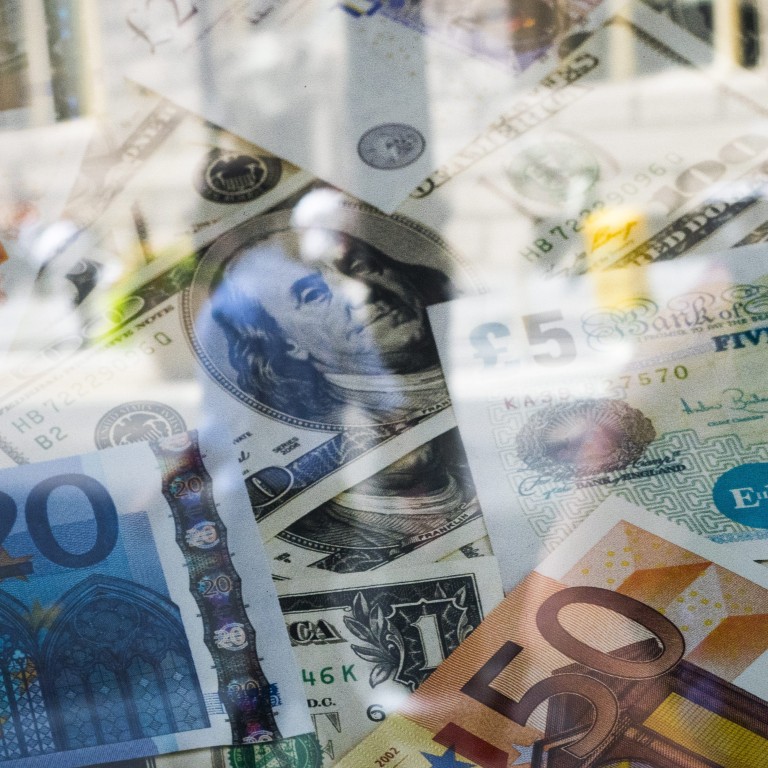
Good reasons for US Fed to hold off on interest rate hike
Anders Borg says potentially destabilising market conditions, including deflationary pressures, make a case for keeping the status quo for now
There are many reasons for the current stock market turmoil, but the expectation that the US Federal Reserve will start to raise interest rates - perhaps as early as this month - is clearly one of them.
The arguments for a rate hike are valid. The US economy is gaining traction. As a result, it is reasonable to reduce expansionary measures. Because the Fed has clearly communicated that it will move towards less expansionary policies, its credibility would be damaged if it did not follow through.
But there are strong reasons for the Fed to postpone interest-rate hikes. For starters, the US recovery remains weak. Moreover, the economy is undergoing an ongoing technological shift stemming from digitisation and globalisation. Estimates from Citigroup indicate that almost half of all jobs will be disrupted in the coming decades. Central bankers, I believe, are underestimating the impact of this structural shift.
Another reason why the Fed should postpone a rate hike is that financial turmoil in emerging markets, particularly China, could have a substantial impact on the global economy. In particular, lower energy and commodity prices are likely to dampen inflationary pressure.
If the Fed is seen as unleashing a major crisis in emerging markets, this will almost certainly do long-term damage to the global financial system
The global implications of lower emerging-market currencies are also likely to be deflationary. The direct impact is that a stronger dollar reduces the cost of imported goods. The indirect effect is that cost-competitive light manufacturing in emerging markets increases. That would reinforce the deflationary pressure from globalisation for years to come.
There is also a risk of greater currency-market volatility. The Fed's unconventional monetary policies flooded global markets with liquidity, and large portfolio flows have moved into emerging-market countries, whose currencies often are not as liquid as the dollar. When investment moves back into dollars, the currency fluctuations in these less liquid markets can become excessive. Excessive currency volatility is not in America's interest.
The legitimacy of the Bretton Woods institutions depends on a well-functioning global financial system. The global economy's centre of gravity is moving to Asia, Latin America and Africa, but the International Monetary Fund and the World Bank still seem to mirror the reality of the 1950s. If the Fed is seen as unleashing a major crisis in emerging markets, this will almost certainly do long-term damage to the global financial system.
The Fed should regard these as sufficiently convincing arguments to postpone a rate hike. If the facts have changed, the policy implications must also change.
